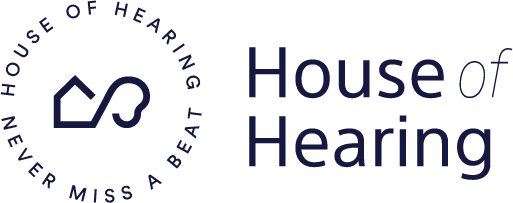Audiologists & Hearing Tests
Audiologists are professional hearing experts in a distinguished and highly regulated field. In Canada, the profession is regulated and managed by CASLPO. In America the profession is managed by the American Academy of Audiology. Audiologists’ expertise ranges from testing and treating hearing and balance difficulties to leading the way in hearing loss prevention, education, and research into the exciting possibilities of hearing conservation and restoration. Audiologists work with all ages from infants to the elderly.




Pure Tone Audiometry
One of the most commonly used tests is known as Pure Tone Audiometry. This test measures the levels of air and bone conductivity across eight standard frequencies ranging from 250 Hz to 8,000 Hz. The results, plotted on an audiogram indicate the patient’s hearing sensitivity at each frequency level.
Auditory Brainstem Response Test (ABR)
This safe and painless test is perfect for testing small children or those who may not be able to give accurate verbal feedback. Electrodes placed on the child’s head measure the bravewave responses to a series of clicks and hissing sounds. This test is perfect for identifying clients who may need further testing.
House of Hearing is proud to announce that we have some of the most advanced ABR testing facilities available.
Bone conduction test
The bone conduction test is another important measure of your hearing health and it may indicate whether the problems originate in conducting sound waves from the outer to the middle ear or are an issue with sensorineural hearing loss (originating in the cochlea or auditory nerve/brain stem).
Tympanogram
This test measures air pressure within the ear and gives the audiologist an indication of how well structures in the ear are working. This test is particularly useful for diagnosing issues with perforated eardrums and glue ear.
Pre-employment tests
Pre-employment hearing test may form a critical component of the interview process and also serve as a useful benchmark for evaluating your hearing as you age.

For all your hearing care needs, visit your nearest House of Hearing location

Clients since 2011

Stars on Google

Locations in GTA






